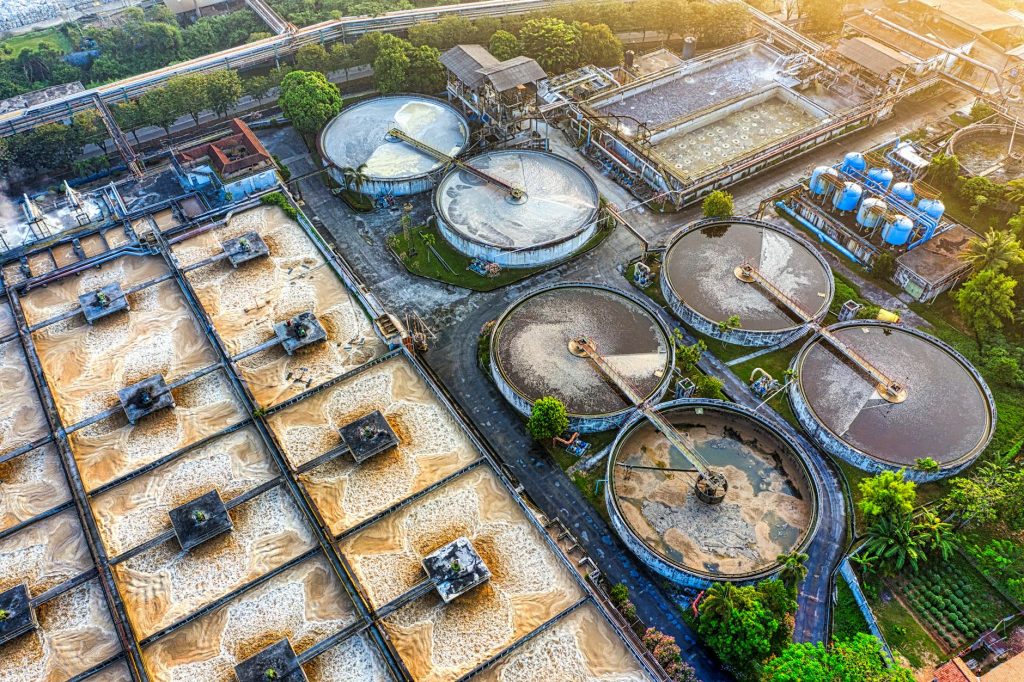- The Importance of Waste Heat Networks
- Birmingham's Sustainable Urban Energy Initiatives
- Advantages of Waste Heat Networks in Birmingham
- Collaborative Efforts for Sustainable Energy Solutions
- Future Prospects for Sustainable Urban Energy in Birmingham
In the realm of sustainable urban energy solutions, the development and implementation of waste heat networks play a crucial role in not only reducing carbon emissions but also in optimizing energy efficiency within cities. Birmingham, a bustling city in the heart of the United Kingdom, has been at the forefront of embracing waste heat networks as a must-have sustainable urban energy solution. By harnessing and repurposing excess heat generated from various sources, Birmingham is paving the way towards a greener and more sustainable future.
The Importance of Waste Heat Networks
Waste heat refers to the excess heat that is produced during industrial processes, power generation, and even everyday activities. Instead of letting this valuable heat go to waste, waste heat networks capture and utilize it for heating homes, buildings, and other infrastructure. This not only reduces the demand for primary energy sources but also helps to lower carbon emissions, making it a vital component of sustainable urban energy systems.
Birmingham’s Sustainable Urban Energy Initiatives
In recent years, Birmingham has made significant strides in embracing sustainable urban energy solutions, with a particular focus on waste heat networks. The city has identified potential sources of waste heat, including data centers, industrial processes, and transportation systems, and has worked towards harnessing this heat to create efficient energy networks. By connecting these diverse sources of heat to a centralized system, Birmingham aims to reduce its carbon footprint and enhance energy efficiency across the city.
Advantages of Waste Heat Networks in Birmingham
One of the key advantages of waste heat networks in Birmingham is their ability to provide affordable and reliable heating solutions to residents and businesses. By utilizing waste heat, the city can offer sustainable heating options that are cost-effective and environmentally friendly. Additionally, waste heat networks help to reduce the reliance on traditional energy sources, contributing to a more resilient and sustainable energy infrastructure for Birmingham.
Collaborative Efforts for Sustainable Energy Solutions
The success of waste heat networks in Birmingham can be attributed to the collaborative efforts of various stakeholders, including local government, businesses, and residents. By working together, these entities have been able to identify opportunities for implementing waste heat networks, secure funding for projects, and raise awareness about the benefits of sustainable urban energy solutions. This collaborative approach has been instrumental in driving the adoption of waste heat networks in Birmingham and creating a more sustainable future for the city.
Future Prospects for Sustainable Urban Energy in Birmingham
As Birmingham continues to expand its sustainable urban energy initiatives, the future looks promising for waste heat networks in the city. With ongoing advancements in technology and increased awareness of the importance of sustainability, waste heat networks are expected to play an even more significant role in shaping Birmingham’s energy landscape. By investing in innovative solutions and fostering partnerships with key stakeholders, Birmingham is poised to become a model city for sustainable urban energy practices.
In conclusion, waste heat networks are indeed a must-have sustainable urban energy solution for Birmingham. By harnessing the power of waste heat, the city is not only reducing its environmental impact but also creating a more efficient and resilient energy infrastructure for the future. With continued efforts and investments in sustainable energy solutions, Birmingham is well-positioned to lead the way towards a greener and more sustainable urban environment.



